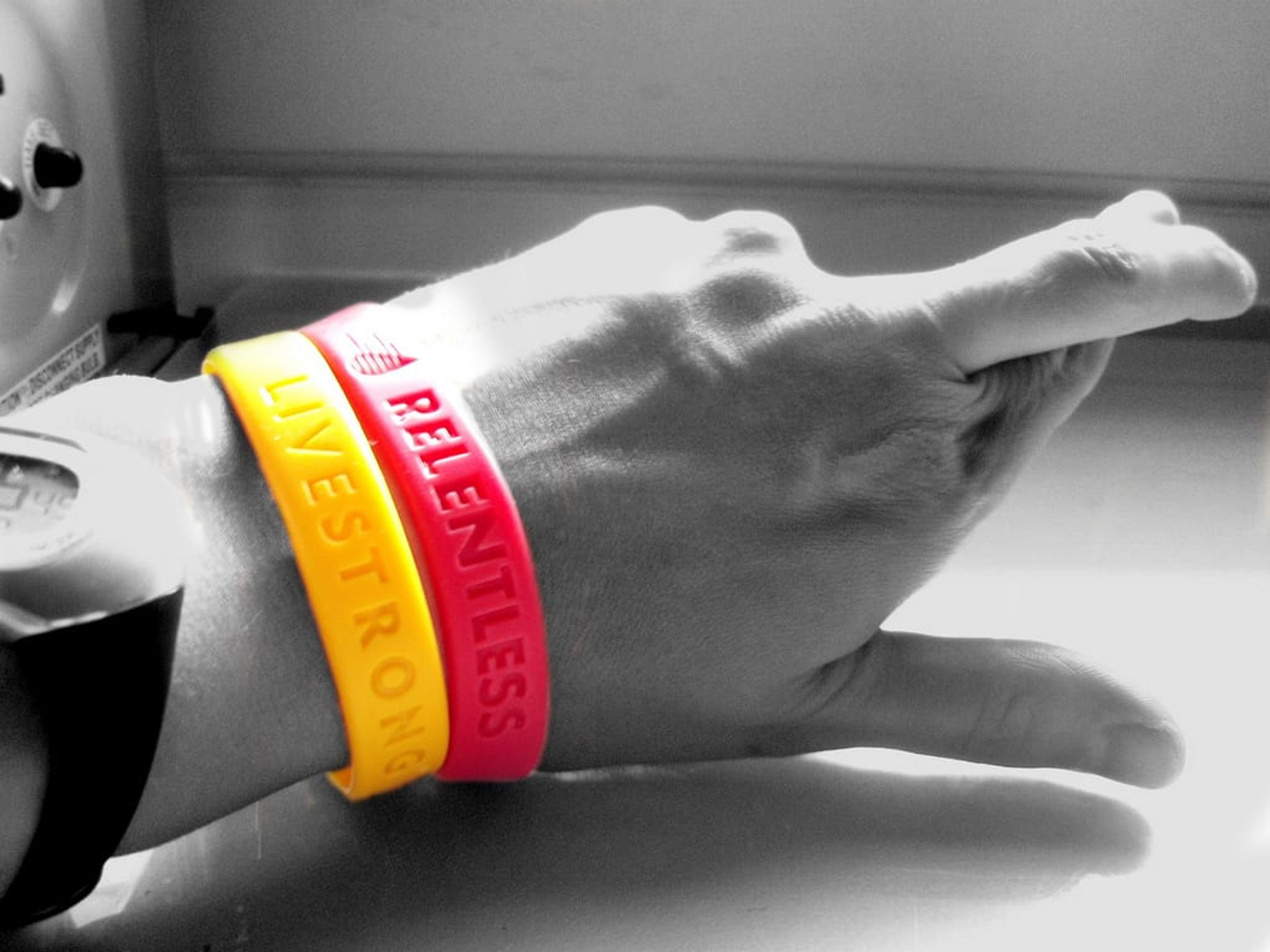Life after breast cancer: Coping with your anxiety
Dr. Beth Goldman
| 2 min read

This blog post is part of #HealthyMe, a personalized web experience based on your health and wellness goals. To sign up today, visit http://www.ahealthiermichigan.org/healthyme
There is so much energy invested into day-to-day cancer treatment that little thought is given to what happens when treatment is over. Despite best efforts to go back to “normal,” the life of a survivor will be different. Survivors are often physically and emotionally scarred and still face a lot of uncertainty for their future. What lifestyle changes do I have to make? Will it come back? What are my next steps? How often should I see my doctor?
Here are some tips for coping with anxiety as a survivor:
- Stay active: Exercise will help improve your mood, minimize anxiety and reduce any post-treatment fatigue, nausea or pain. Additionally, staying active can help reduce the risk of re-occurrence.
- Join a support group: These groups provide an opportunity for survivors to talk to people who are going through the same thing and realize their anxiety is natural. It helps them feel connected rather than alone and isolated in their fears.
- Mentor cancer patients: Many survivors enjoy mentoring patients who are going through their same experience. This allows you to use your experience with cancer as a means to help the community.
- Counseling: There are many types of counseling that survivors may find useful. Individual counseling may help you deal with your emotions and concerns. If your whole family was affected, you may find a family support program helpful.
Photo Credit: thelernedfoot_





